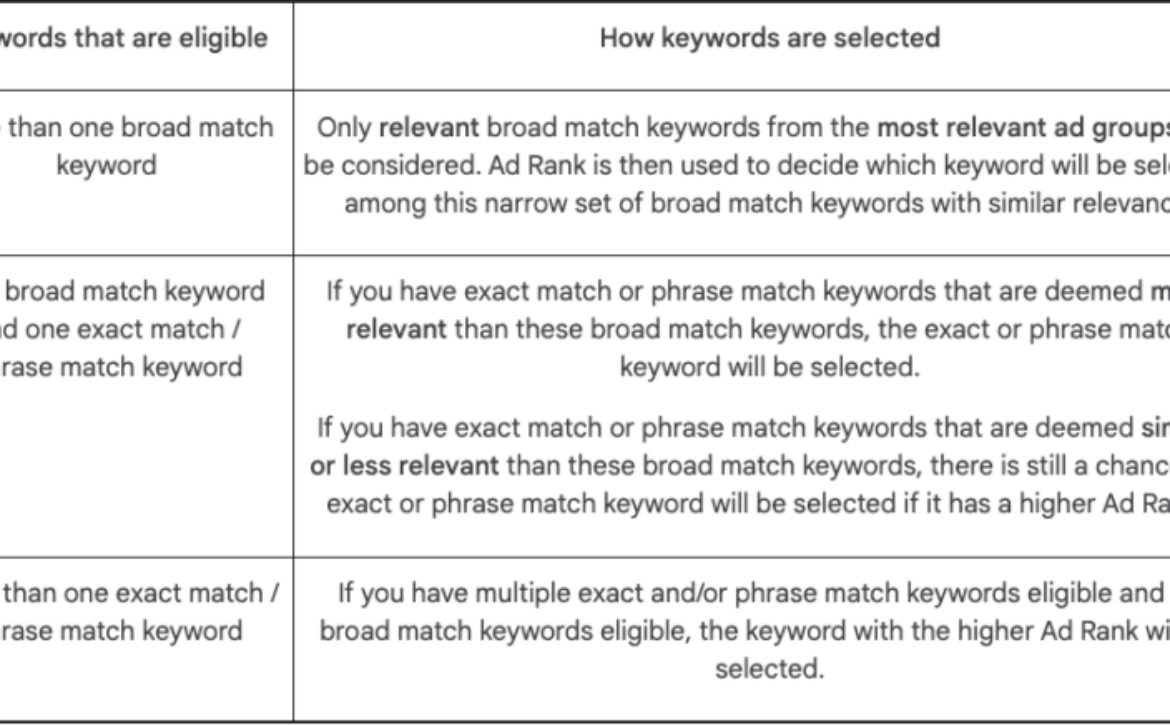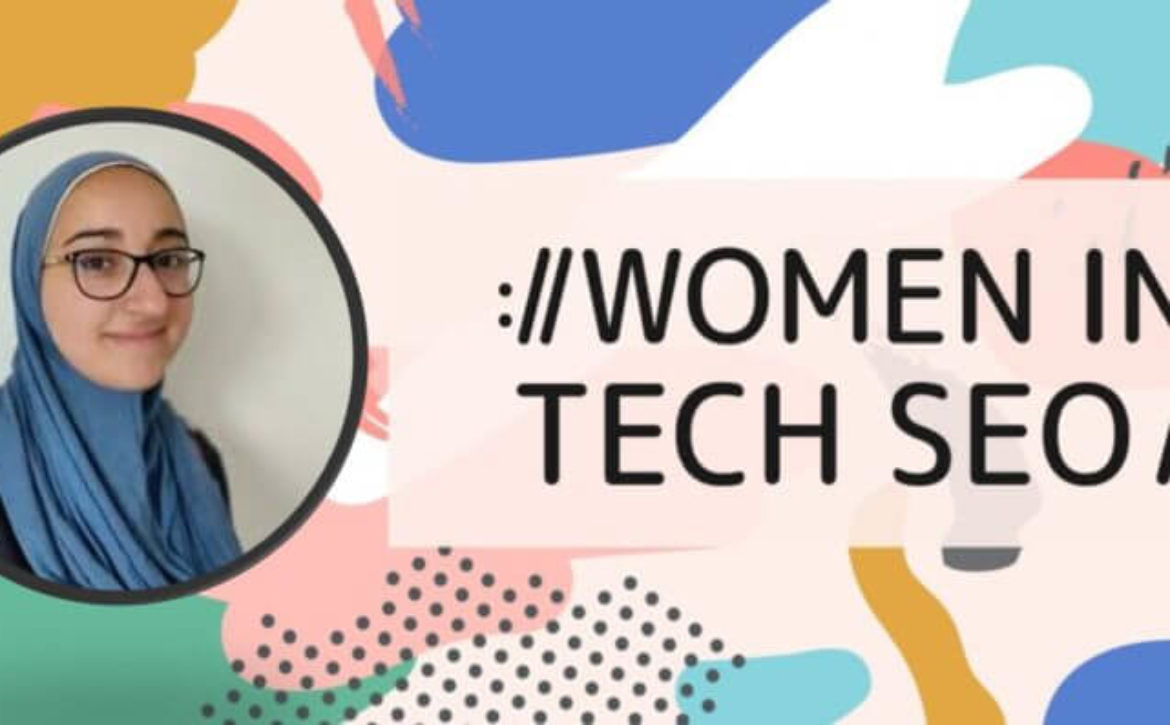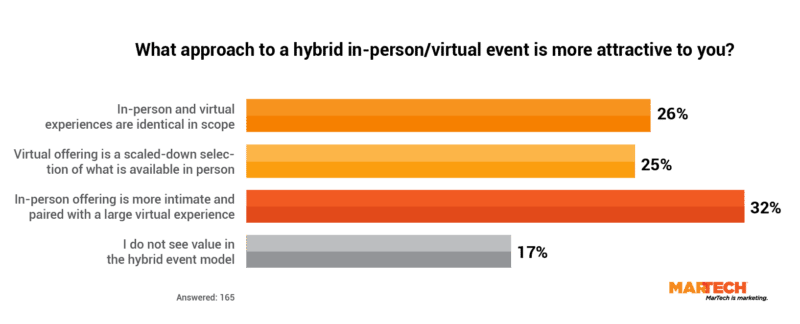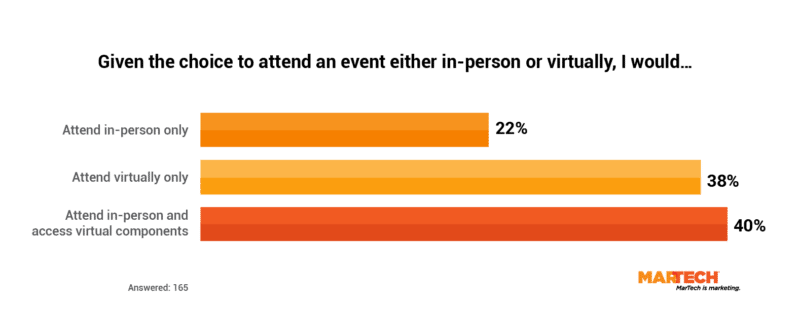Data, data, data, data rockin’ everywhere; Friday’s daily brief
Search Engine Land’s daily brief features daily insights, news, tips, and essential bits of wisdom for today’s search marketer. If you would like to read this before the rest of the internet does, sign up here to get it delivered to your inbox daily.
Good morning, Marketers and no one likes bugs.
Yesterday morning I found some tiny ants under my shower mat. I freaked out and smushed one with my finger and washed it down the bathroom sink. My daughter has been walking for a while now, so there’s a high chance that she’d find and eat a bug. I felt relieved until my husband told me that the ants released a pheromone upon being smushed that told the other ants where to find its… smushed self. So I, in essence, invited more bugs.
That’s kind of how this week has felt with Google products. If you’re in SEO and PPC, it’s been the week of bugs — one right after the other. We finally got Search Console data back yesterday after a reporting bug meant almost six days of no data for some marketers (more on that below).
Then, Wednesday featured a Google Ads outage bug “which caused some ads to stop serving temporarily. The issue has been resolved and no action is required,” said Ads liaison Ginny Marvin.
While both issues have been resolved, bugs can be a real problem for marketers and the clients and stakeholders they work for. It highlights why clear communication is critical — not just between marketers and stakeholders, but between Google and marketers, as well.
Carolyn Lyden,
Director of Search Content
Phrase and broad match keywords that are identical to a query are now preferred
When Google announced that it was expanding phrase match to include broad match modifier traffic earlier this year, it told advertisers that an exact match keyword that’s identical to a query will always take priority, so long as it’s eligible to match. Moving forward, broad match and phrase match keywords will follow that same behavior, Google announced on Thursday.
In addition, the company has provided new details on how keyword matching works when a search is identical to a given keyword as well as when a search is not identical to any of an advertiser’s keywords (shown above). Google has also revealed that BERT’s language understanding capabilities are now being used to understand the intent of queries and match them to keywords.
Why we care. The natural language processing capabilities BERT brings to keyword matching may mean that your ads get shown for more relevant searches. Knowing how Google matches keywords can help you save time and better configure your campaigns. However, the removal of search terms not deemed “significant” remains a problem for broad match. Google has added more historical data for queries that received impressions but no clicks, which can be helpful, but advertisers may be missing out on important search query data if broad match terms with less “significant” queries drive more traffic.
Google also recommended that advertisers group keywords into thematically consistent ad groups so their ads will serve from the ad group they expect them to: “Let’s say your business offers food delivery, and your most popular search categories are sushi and pizza delivery. In this case, we’d recommend three ad groups so you can tailor your creative and landing page: one for ‘sushi delivery’, another for ‘pizza delivery’, and a third for ‘food delivery.’”
Microsoft Advertising launches Marketing with Purpose Business attributes

New attributes from Microsoft Advertising allow businesses to indicate their dedication to “responsibility, how your brand values align with the values of your customers, and how your brand is being inclusive,” said an announcement from Vi Nguyen, Crystal Zhang, and MJ DePalma.
The attributes advertisers can choose from fall under four main categories: inclusion, environmental, community/social responsibility, and accessibility. Within those categories, there are 32 attributes that a business can choose. “These attributes can be set at the account level and used to decorate text ads and product ads,” said the announcement.
Why we care. “Recognizing that these values drive value for both your brand and your customers builds trust and inclusivity. Understanding and addressing what your customers value is inclusive marketing. Overall, executing Marketing with Purpose in your advertising is an important way for marketers to overcome barriers in the moments that matter, and to connect with people. It’s an approach that brings us together and highlights great aspects of your business, authentically. It establishes trust, increases brand love, and nurtures loyalty,” Nguyen, Zheng and DePalma said.
Google Search Console performance reports are now back to normal
Google Search Console’s performance reports now seem to be back to normal and showing recent data after experiencing significant delays over the past several days. Now, if you look at your performance report, you may see data as recent as four hours ago, which is a normal delay for the performance report.
Why we care. We are sure you are all eager to catch up on your reports and pull down the most recent data. This not only impacted the Search Console website interface, but also any APIs and data connections. So pull in your most recent data and check those positions and click-through rates (and let your clients/stakeholders know the data is back).
Search Shorts: Creative best practices for Google Ads, hot takes on keyword matching, and #SEOChat on strategy
Magic in the making: The 4 pillars of great creative. Google Ads just released its new creative best practices guide. Check it out here.
“Ladies and Gentlemen, I present the least accurate Tweet ever.” That’s Greg Finn’s opinion on Google telling PPCers that “Keyword matching is now more predictable.” If you like that, check out Julie Bacchini’s epic post about the topic.
Crystal Carter, SMX speaker and SEO expert, hosted an #SEOChat yesterday all about SEO strategy. Get the community’s take on how to prioritize and communicate strategy.
What We’re Reading: Snap Scan shines new light on the company’s local discovery ambitions
We tell local businesses all the time that they need to be on social media. Not only is it another citation, but it’s a place for happy customers to leave their positive reviews. Facebook is generally the best place, but Instagram could serve as a search engine too for those small businesses that focus on images to drive traffic and customers (think photographers and restaurants).
Not one to miss the party, Snap is sneaking into the local market with its new Scan feature — it’s a “visual search tool that makes the world searchable and shoppable,” wrote Mike Boland for StreetFight. This version of artificial reality (AR) “applies machine learning and computer vision magic to identify items you point your phone at.” Then it directs you to the best option for buying that product.
So where does local come in? This new shopping experience comes along with a bunch of other location-focused lens features “like Geofilters, Snap Map, Local Place Promote, and Local Lenses,” said Boland. The AR option means that buyers can potentially find their next fashion option at your store nearby. Is AR and visual search the future of local SEO? Probably not anytime soon, but there’s a chance it could help drive business for retail companies.
The post Data, data, data, data rockin’ everywhere; Friday’s daily brief appeared first on Search Engine Land.






